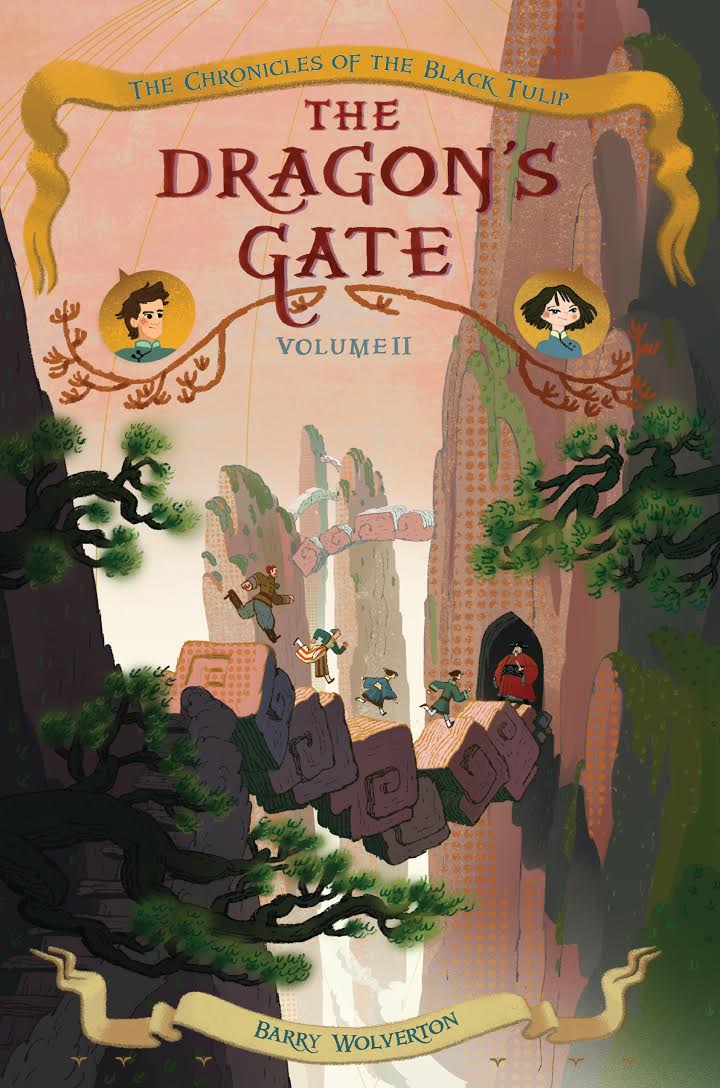George Saunders's fourth collection of short stories, Tenth of December, is already a contender for 2013 prizes
Critical acclaim came immediately to George Saunders in 1996 with the publication of his first collection of short stories, Civil War Land in Bad Decline. This success allowed him to leave his first career in technical writing and join the faculty at Syracuse University. But the experience of crafting a precise and highly-managed point of view for corporations still informs his fiction with brand-name awareness, emptyspeak, and the never-quite-fulfilled promises of better living through chemistry. These concepts, plus the occasional theme park, serve as the basis of many of Saunders’s stories, which are skewed with hints of science-fiction weirdness. Saunders has earned four National Magazine Awards, a Guggenheim fellowship, and a MacArthur genius grant.
 Tenth of December, Saunders’s first collection of stories since 2006’s In Persuasion Nation, retains his savage wit, but it also shows him at his most compassionate. High expectations for the new book have yielded to near-universal critical approval, led by The New York Times, which called it “the best book you’ll read this year.”
Tenth of December, Saunders’s first collection of stories since 2006’s In Persuasion Nation, retains his savage wit, but it also shows him at his most compassionate. High expectations for the new book have yielded to near-universal critical approval, led by The New York Times, which called it “the best book you’ll read this year.”
Considered by many to be the modern master of the American short story, Saunders shows no sign of feeling burdened by such high expectations. In an interview with Chapter 16, he talked of looking forward to redeeming a gift certificate from his wife for a new Fender Stratocaster and experimenting with a small home-recording studio he recently put together. Our talk focused on two stories, “Victory Lap,” a tale about an attempted kidnapping, and “The Semplica Girls Diary,” a novella which shows how exploitation is often an ill Americans have no conscious awareness of. We discussed themes in the book addressing relationships between parents and children, our ignorance of the evil we unknowingly commit today, the MacArthur Foundation’s effect on his credit-card balance, as well as his inability to be satisfied with any song he’s ever written.


